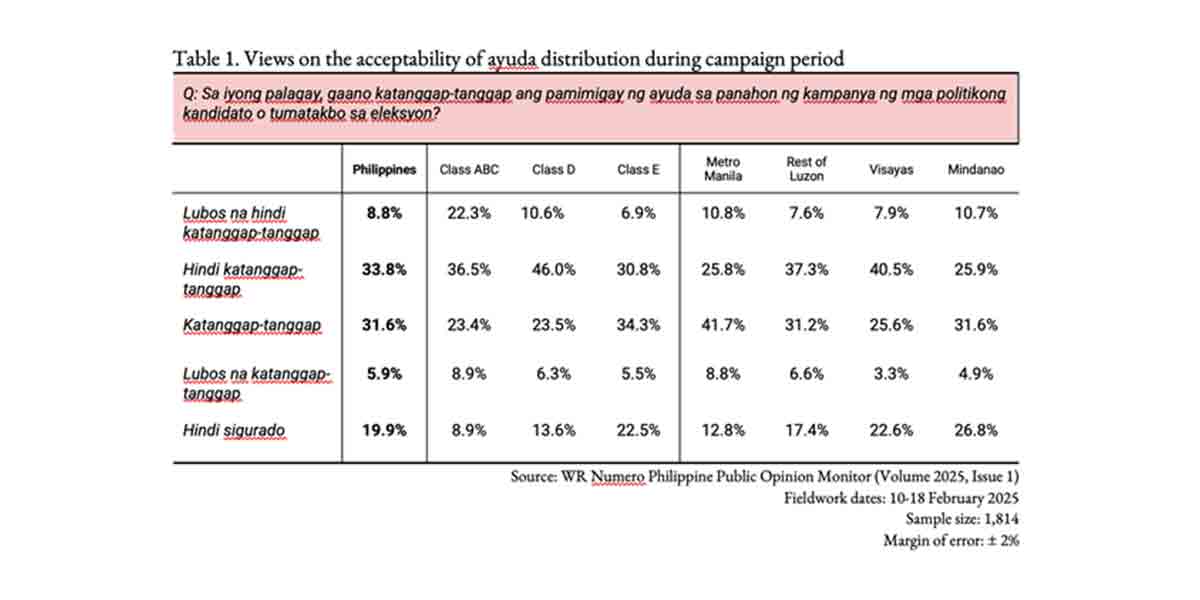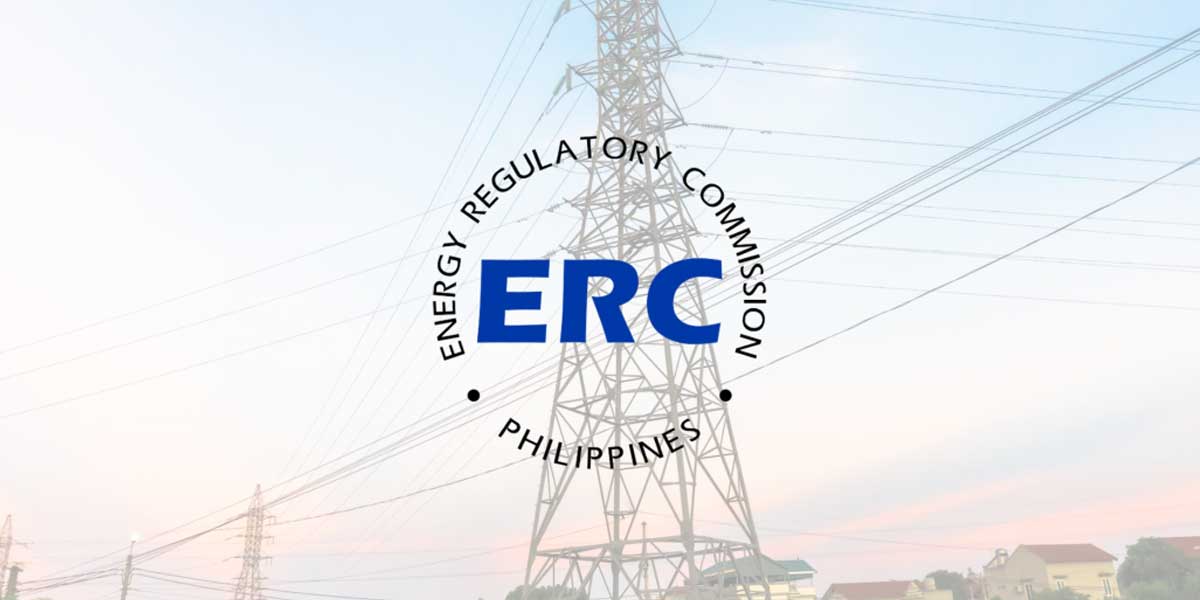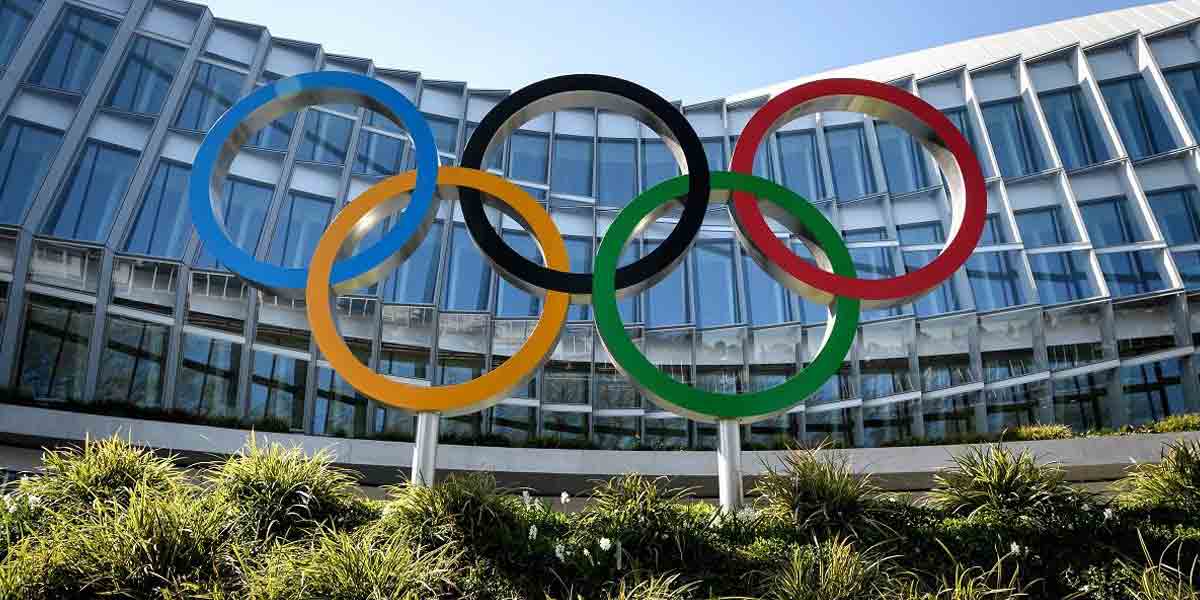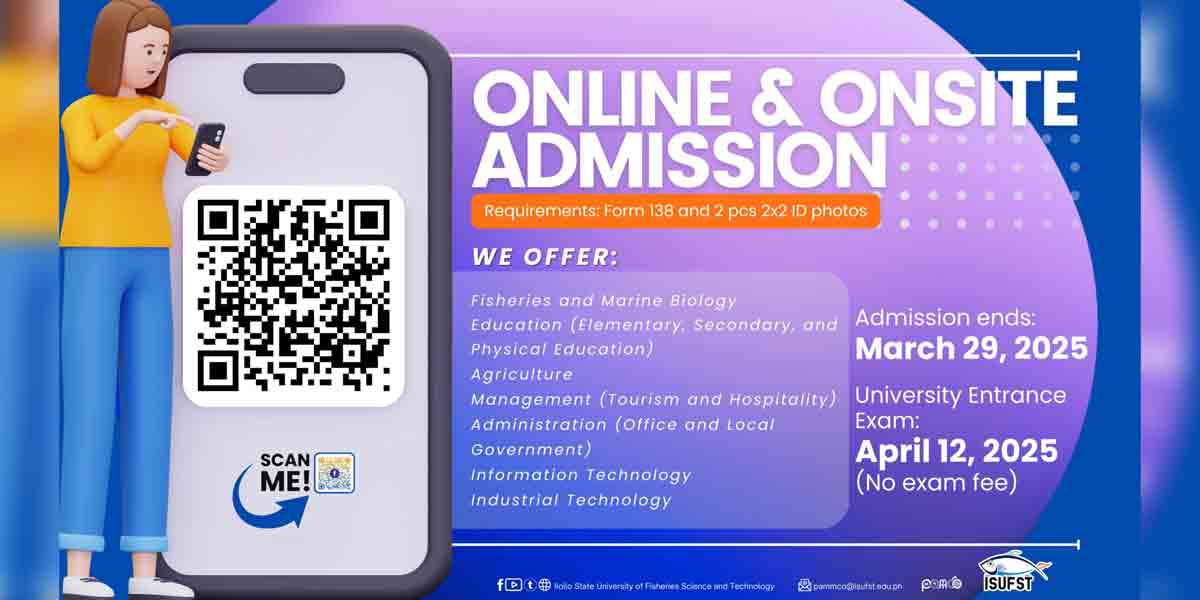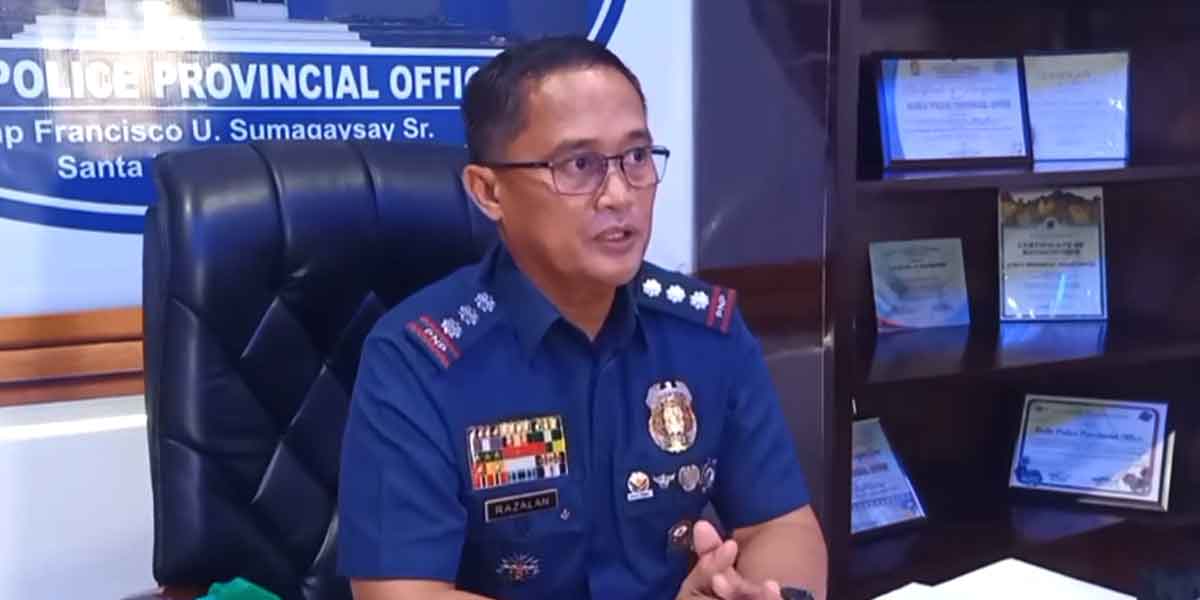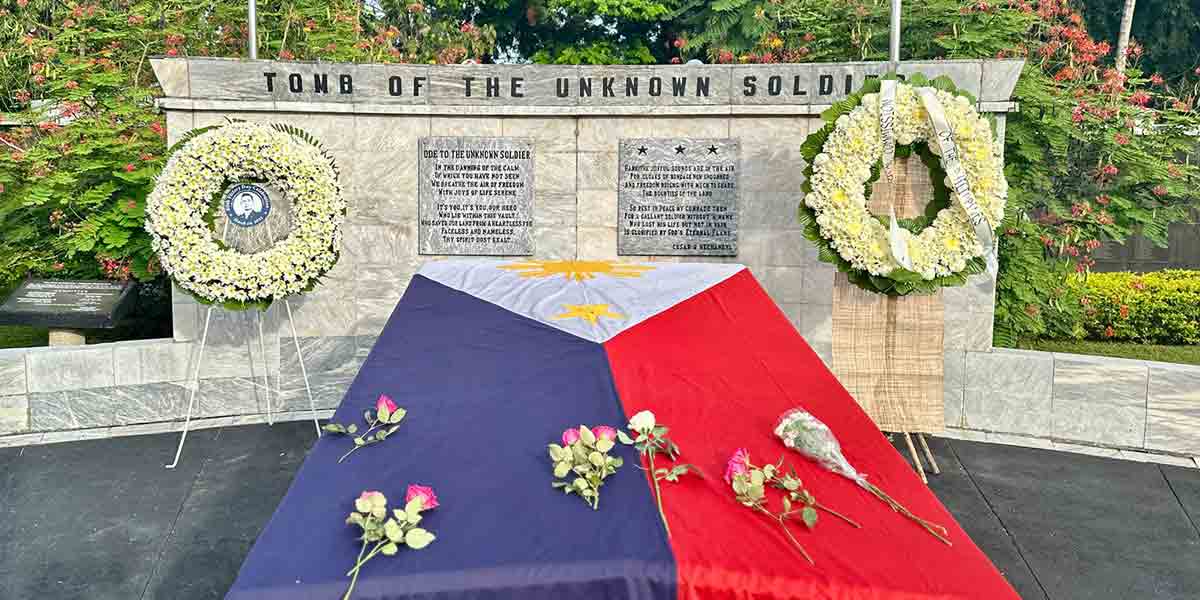The Public Utility Vehicle Modernization Program (PUVMP) has been a contentious issue, drawing both praise for its aims and criticism for its implementation.
Councilor Sedfrey Cabaluna’s recent statements highlight the need for a balanced approach in deciding the program’s future, ensuring that no sector is left at a disadvantage.
Launched in 2017, the PUVMP seeks to modernize the country’s jeepney systems, focusing on route rationalization, fleet modernization, industry consolidation, and pilot implementation.
Iloilo City has been a frontrunner in compliance, with significant investments and efforts put into meeting the program’s requirements.
However, the program has faced numerous delays and inconsistencies from the national government, causing frustration among local government units (LGUs) and stakeholders.
The call for suspension by Senate President Francis “Chiz” Escudero and Sen. Raffy Tulfo underscores the need to address unresolved issues.
The indecisiveness of the national government has left many, including jeepney drivers and operators in Iloilo City who have taken loans to modernize their vehicles, in a state of uncertainty.
Councilor Cabaluna emphasized the importance of a clear and final decision from the government.
He expressed concern for those who have already complied, fearing they might be neglected if the program is suspended without proper measures in place.
Despite the challenges, the PUVMP has laudable aims. The move towards modernized jeepneys promises better traffic management and improved air quality, which are crucial for the greater good.
However, it is essential to balance these benefits with the welfare of the drivers and operators who bear the brunt of the transition.
As Iloilo City has demonstrated commitment and progress, it is imperative that the national government and Congress consider these local achievements in their next steps.
Disrupting the progress made by LGUs could negate the investments and efforts already put in place.
A balanced and inclusive approach is crucial. The government must ensure that the PUVMP’s benefits are realized while addressing the legitimate concerns of all stakeholders.
This means providing sufficient support and consideration for drivers and operators, ensuring that the program’s implementation is fair and beneficial for all.
While the PUVMP’s goals are commendable, the path to achieving them must be carefully navigated.
The government must make a conclusive decision that respects the efforts of compliant LGUs and ensures that the program’s benefits are equitably distributed.
This balanced approach will help achieve better traffic management and air quality without sacrificing the welfare of the transport sector.

